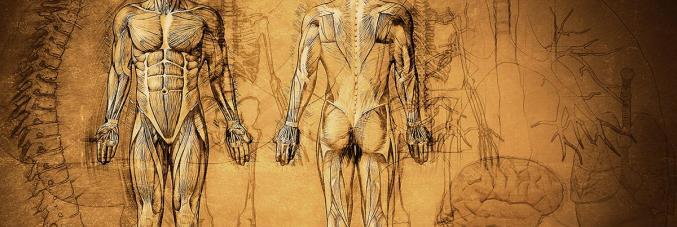
A Unipd research team identifies a novel gene that regulates skeletal muscle integrity
11.04.2023
Aging, physical inactivity, malnutrition, infection, cancer, diabetes, obesity, as well as liver, heart, kidney, and lung disease are conditions that frequently lead to atrophy - loss of skeletal muscle mass – and thus the onset of weakness and fatigue associated with a lower response to therapy.
Therapies capable of preventing or counteracting atrophy and the molecular mechanisms that induce it are not yet fully understood. However, studying the role of genes that regulate muscle mass is essential to identifying new targets for future drug therapies. Challenges related to this type of research are due to the high number of unknown genes that encode proteins: while 20,000 human genes have been mapped more than 5,000 so-called ‘dark’ genes have been unexplored.
Published in Nature Communications, the study MYTHO is a novel regulator of skeletal muscle autophagy and integrity was led by Marco Sandri - Principal Investigator at the Veneto Institute of Molecular Medicine (VIMM) and University of Padua Professor of Clinical Pathology and Director of its Department of Biomedical Sciences. Coordinated by co-authors Anais Franco Romero and Jean Philippe Leduc-Gaudet, the work identifies and characterizes a novel gene, which the team named MYTHO (Macroautophagy and YouTH Optimizer), as a regulator of autophagy and skeletal muscle integrity.
Prof Sandri explains, "The discovery of a novel gene that controls the quality of our muscles opens up new horizons, not only for developing new drug therapies to preserve strength but also in its diagnosis. Thanks to the knowledge of these genes and how they work, we may identify new treatments for patients suffering from diseases of a hereditary nature caused by unknown genetic mutations."



